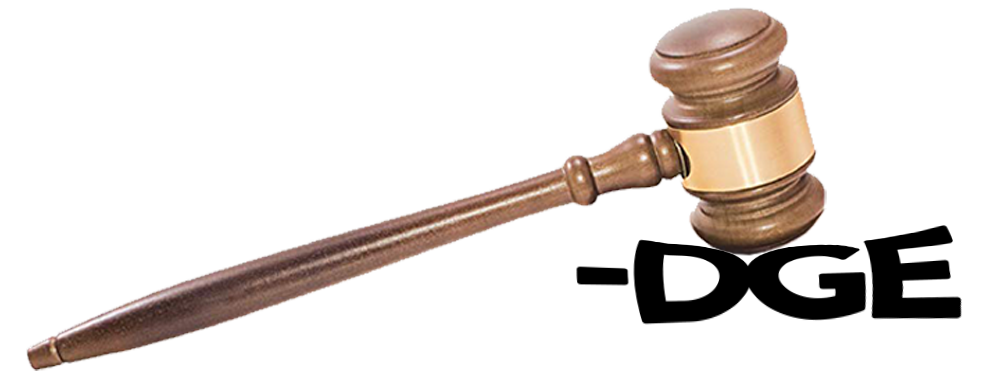Multisensory -dge Activity: You Be the Judge on -dge
Posted by Brainspring on 16th Feb 2020
What is the -dge Rule?
The -dge rule is a key spelling rule in English that helps maintain the short vowel sound in one-syllable words ending with the /j/ sound. According to this rule, when the /j/ sound follows immediately after a short vowel in a one-syllable word, it is spelled with -dge. For example, the word “fudge” follows this rule because the /j/ sound comes right after the short vowel /ŭ/.
Understanding why this rule exists helps students understand patterns in the English language, giving them a stronger foundation for both reading and writing. It’s also important to clarify that this rule only applies to one-syllable words with a short vowel before the /j/ sound. For example, multisyllabic words like “college” don’t follow this rule because of the additional syllable.
-dge Multisensory Activity: You Be the Judge

We like to get creative with spelling rules. Spelling is typically challenging for our students, so why not have some fun with it? This activity will help students rule out when to use -dge at the end of a word.
Tools Needed:
Pencils
Tap Mat
Activity Steps:
Tell your students that it is time to decide whether certain English words are “guilty” of -dge or not. Each student is a judge in this court case. They will use a pencil as their gavel, you will say each word on “trial.”
The first word that walks in is “huge.” Looks like a rather innocent word, but we can’t be certain. To be sure “huge” isn’t guilty of -dge, we must pound and finger tap the word together.
“Huge” – /h/ /ū/ /j/
Phew! “Huge” is not guilty of -dge because it has a long vowel and can remove itself from the stand.
In comes the next word, “fudge.” “Fudge” comes in looking pretty grim. Looks like there is a raincloud over its head. Looks suspicious but we must double check. Let’s sound it out.
“Fudge” – /f/ /ŭ/ /j/
Is it true? Yes, sure is. “Fudge” is guilty of -dge. We tap our gavels (aka pencils) on the table and send fudge straight to jail.
Additional Learning:
After “court,” consider adding the -dge words on a word wall in your classroom. Have the -dge spelling rule up there also to refresh their memory as to when we spell words with -dge. Students are sure to get a kick out of it.
Non-Examples: The -ge Rule
To fully understand the -dge rule, students also need to recognize when not to use -dge. The /j/ sound in English is often spelled with -ge when it follows a long vowel or another consonant.
For instance:
- Huge
- Cage
- Page
- Stage
- Rage
These words demonstrate that -ge is used instead of -dge because the /j/ sound follows either a long vowel or a consonant. Explaining this helps clarify why words like “huge” or “page” don’t end in -dge.
By comparing -dge and -ge words, students can gain a deeper understanding of when to apply the -dge rule and when to use -ge. Including both examples and non-examples ensures students can confidently apply this spelling rule in their writing.
Examples of -dge Words
Here’s a list of common -dge words to help students practice the rule:
- Badge
- Bridge
- Fudge
- Edge
- Judge
- Hedge
- Pledge
- Wedge
- Ridge
Organizing these words by vowel sounds can help students see patterns in how the rule is applied. Reviewing these examples together reinforces the idea that -dge is used when the /j/ sound follows a short vowel in one-syllable words.
